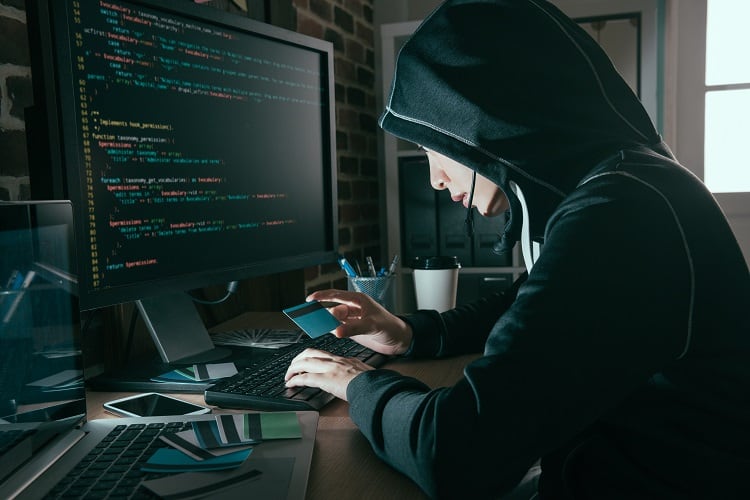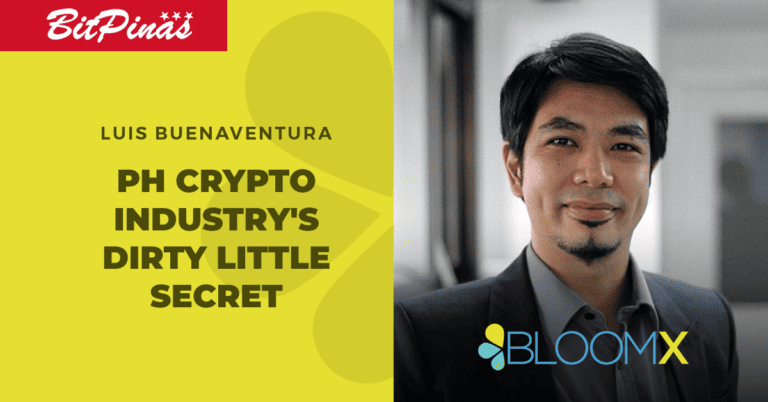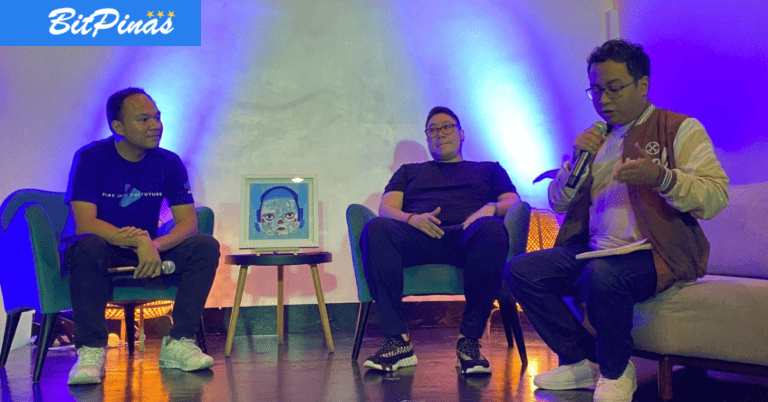DOST To Launch Decentralized Innovation Centers in PH Universities
The TBI program aims to carry out an innovation mandate to support startups in developing products and services that utilize emerging technologies while promoting innovation by providing all the necessary resources and support.
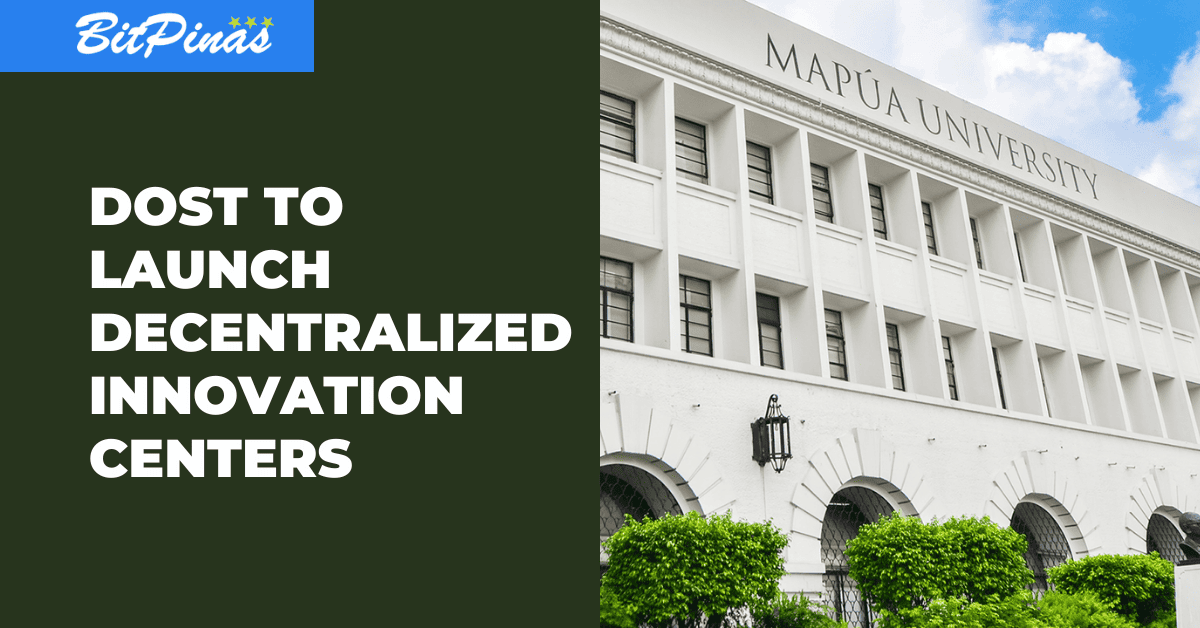
By Nath Cajuday
The Department of Science and Technology (DOST) and Digital Pilipinas signed a Memorandum of Understanding that targets to lay out strategies in establishing university-based decentralized innovation centers across the Philippines. These centers aim to promote education, industry, and government collaboration with blockchain and other emerging technologies.
In January this year, an agreement was signed to launch Think and Tinker Laboratory – Technology Business Incubation (TBI) program, the pilot project for the university-based innovation centers, by the DOST – Philippine Council for Industry, Energy, and Emerging Technology Research and Development (DOST-PCIEERD), Mapua University, and Digital Pilipinas.
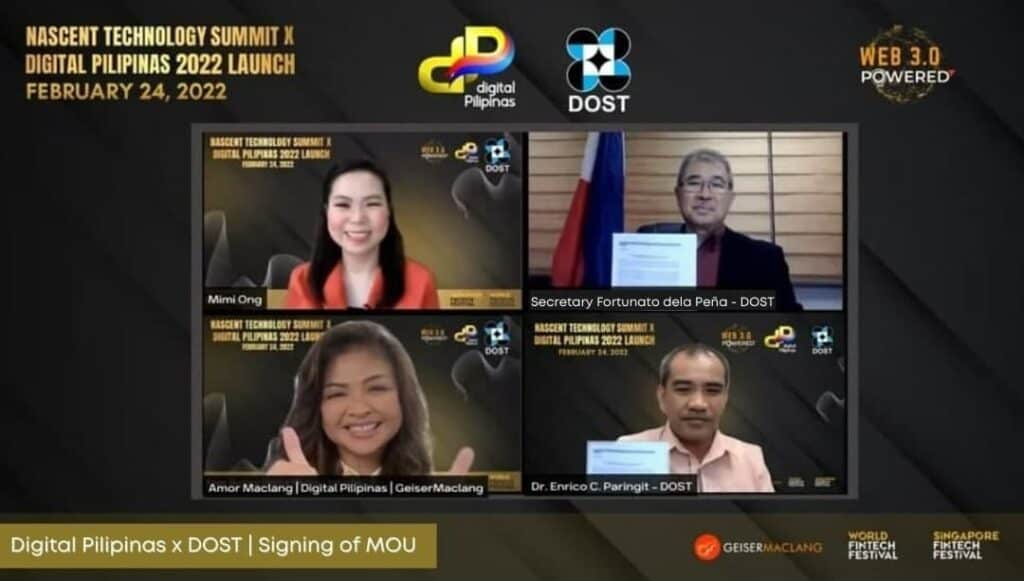
The TBI program aims to carry out an innovation mandate to support startups in developing products and services that utilize emerging technologies while promoting innovation by providing all the necessary resources and support.
“We need to fast track the developments of innovation and technology. Digital commerce is on the rise, and some businesses thrived during the pandemic. We must also prepare the Philippines for smart technology cities where citizens have the freedom to make choices,” said Dr. Enrico Paringit, the executive director of the DOST-PCIEERD.
Meanwhile, Digital Pilipinas Convenor Amor Maclang guaranteed that this partnership will support the different digital equity initiatives.
“They have the power to provide direction in designing the nation’s digital blueprint and eventually a digital ecosystem. We will continue to support innovation as we apply those systems to the Philippines,” Maclang added. (Read More: Digital Pilipinas Movement Launched)
However, DOST Secretary Fortunato dela Peña admitted that despite the country having a developing fintech sector, the country is still behind its neighboring countries in SouthEast Asia.
“As we continue to revolutionize technology, we should keep our advancement inclusive and accessible,” said dela Peña.
On the other hand, Sopnendu Mohanty, Chief Fintech Officer at the Monetary Authority of Singapore (MAS) discussed that the shift to the so-called Internet of Trust and Internet of Money will benefit the consumers and will allow the application of emerging technologies.
“As futurists and technologists, we bring a lot of new terms. The shift towards Web 3.0 is about data inclusion, and it is more consumer-based on how data will be used, the use of blockchain, and the future of money to more emerging areas,” Mohanty added.
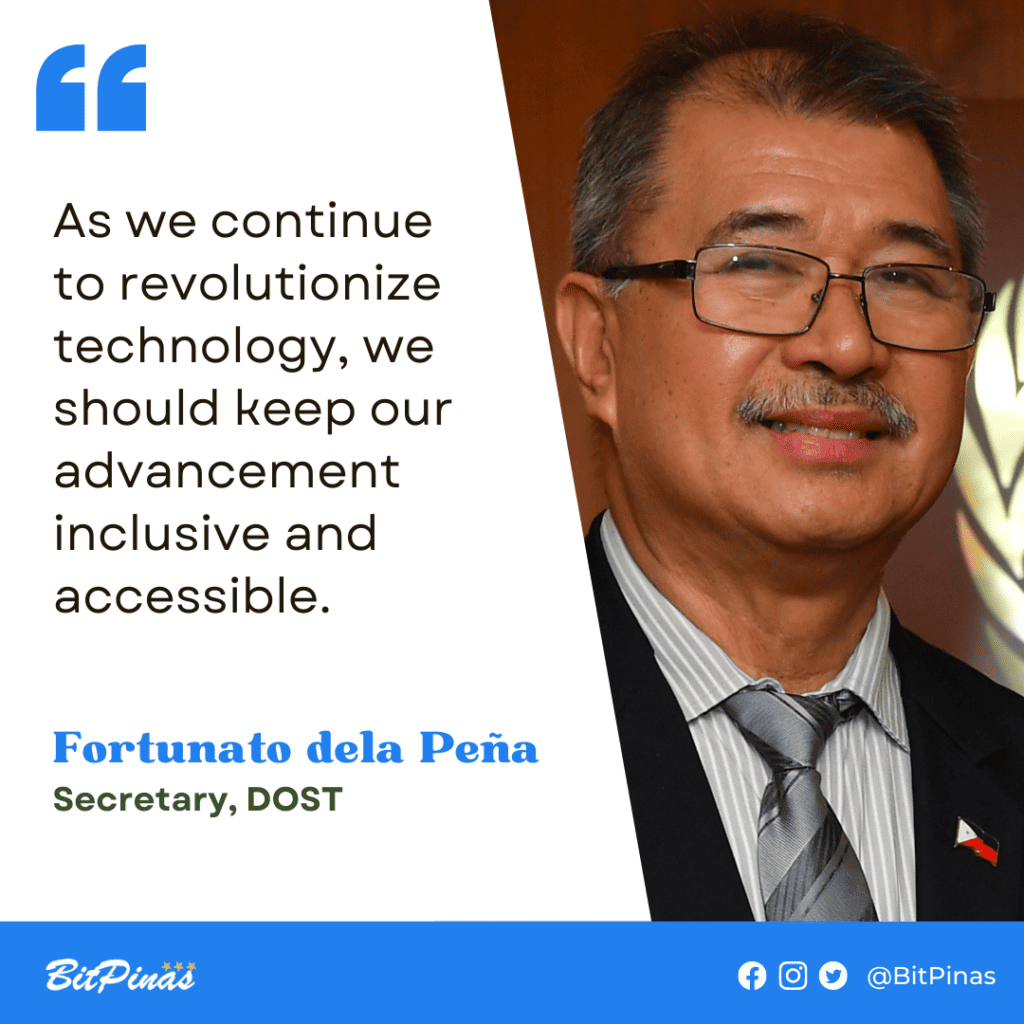
In addition, Todd Schweitzer, co-founder and CEO of open banking technology provider Brankas, shared that the Philippines is an interesting point for Web 3.0 because about 70% of the Filipinos are unbanked.
“While some are banked, meaning they have bank accounts but are underserved. They get their salary, and they take the money out. With the growth of play-to-earn such as Axie Infinity, we see a lot of Filipinos, especially younger ones, building wealth with the use of cryptocurrencies. By providing APIs that allow the growth of these economies using blockchain technology, Web 3.0 plays a significant role in decentralizing and democratizing assets,” said Schweitzer.
The MOU was signed by DOST Secretary Fortunato dela Peña, Dr. Enrico Paringit, DOST-PCIEERD executive director, and DP Convenor Amor Maclang. Sopnendu Mohanty, Chief Fintech Officer at the Monetary Authority of Singapore (MAS), witnessed the event during DP’s virtual Nascent Technology Summit.
It was signed during the Nascent Technology Summit, which aimed to oversee a host of emerging technologies designed to revolutionize how we interact with the world.
“By teching up the country, the need to regularly use designated devices, such as mobile phones and laptops, to access the internet will be significantly reduced as the technology needed to run our lives is readily accessible in everything around us,” Digital Pilipinas concluded.
Earlier this year, Paringit announced that he will support the idea to have blockchain courses and classes in universities.
This article is published on BitPinas: DOST To Launch Decentralized Innovation Centers in PH Universities
Disclaimer: BitPinas articles and its external content are not financial advice. The team serves to deliver independent, unbiased news to provide information for Filo-crypto and beyond.

